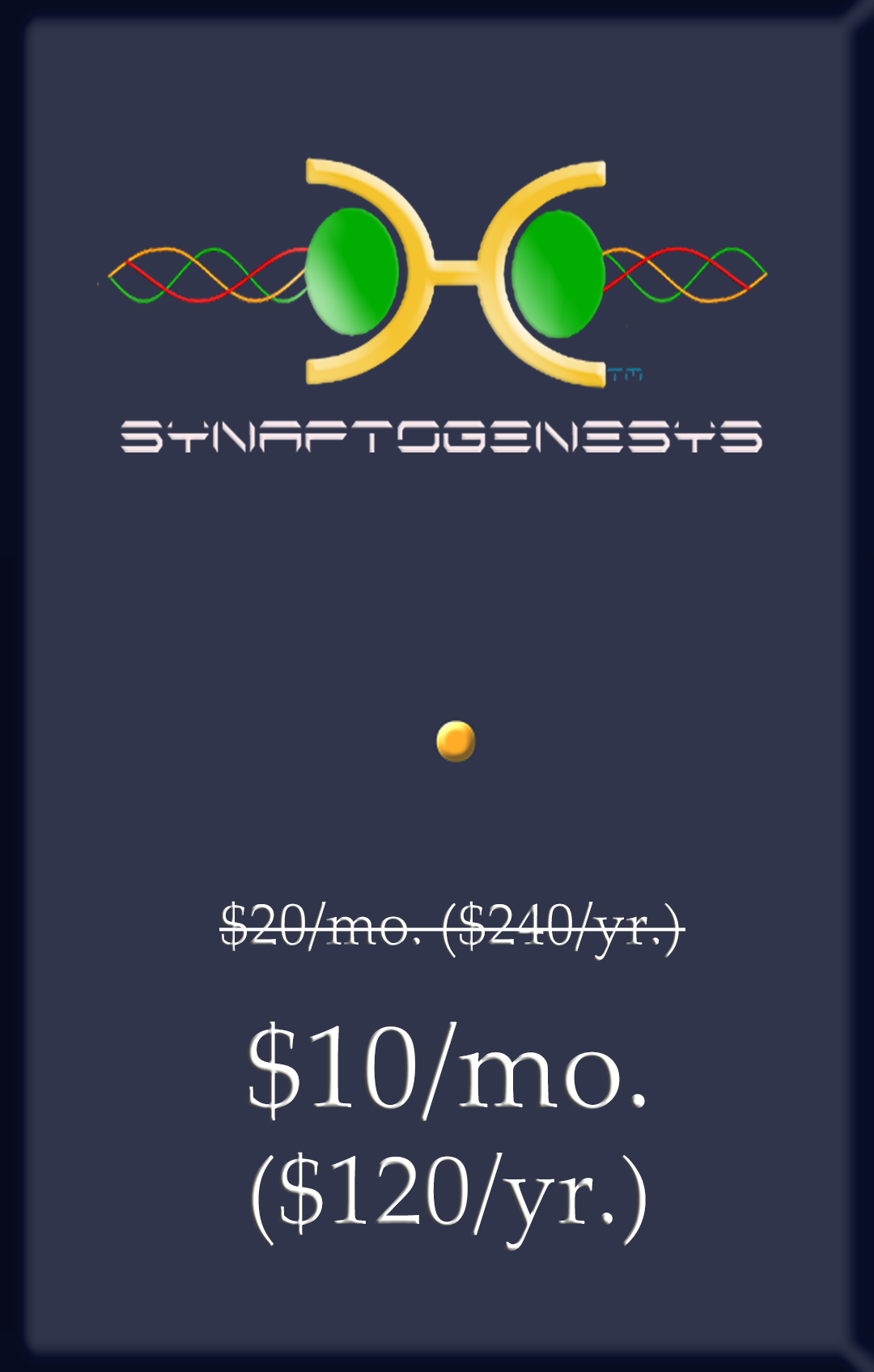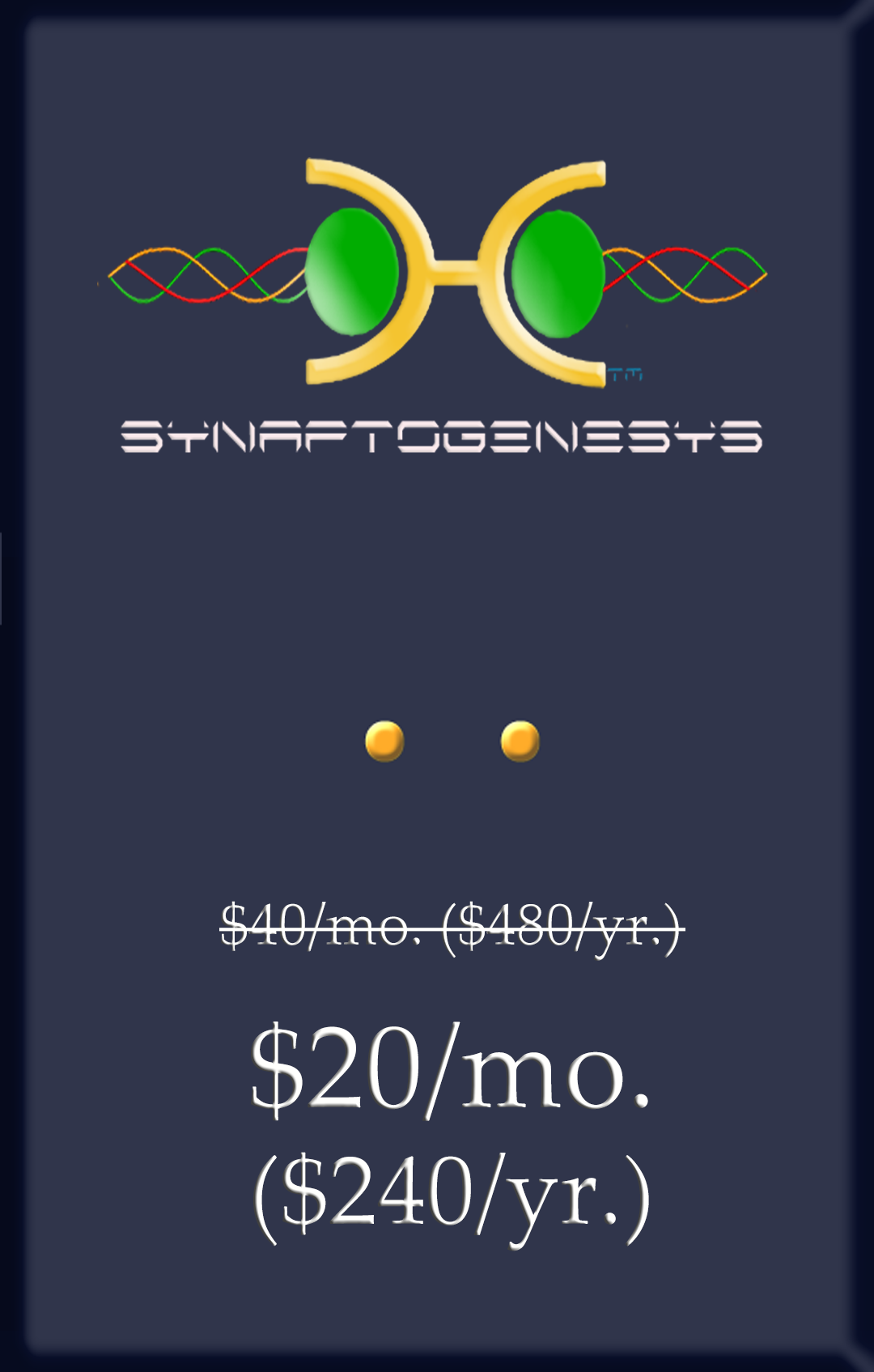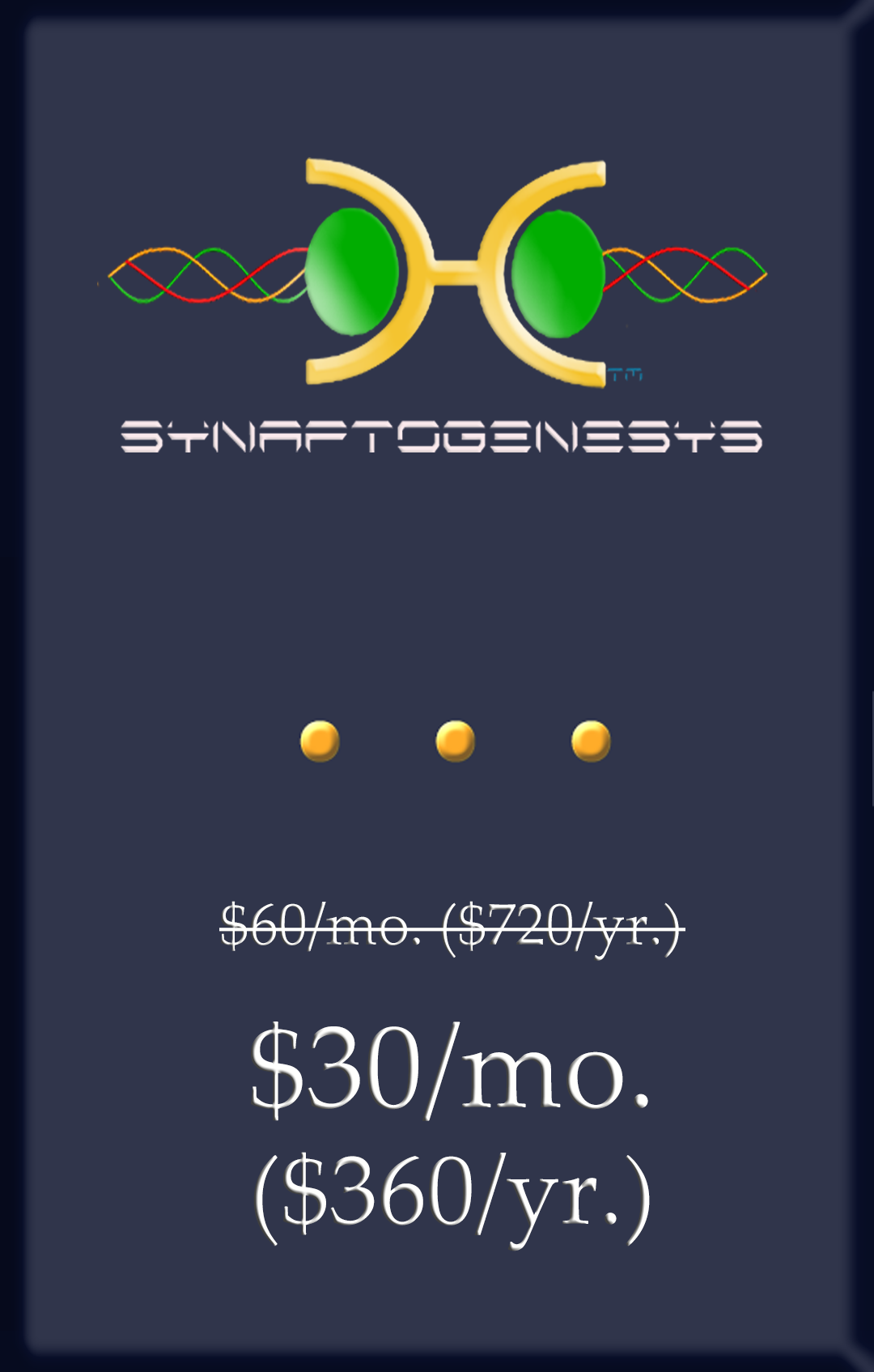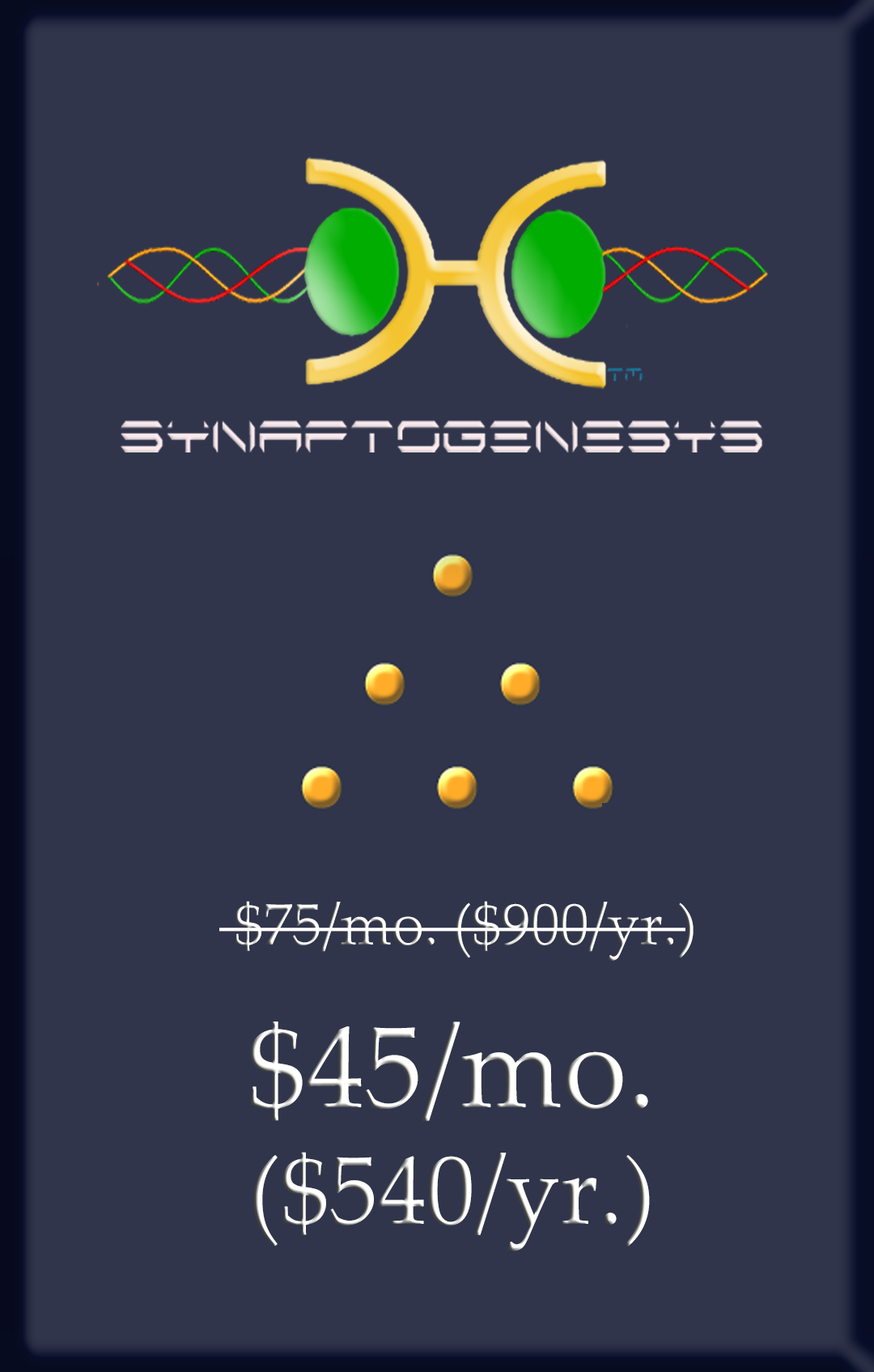|
Suggested Uses Per
Professional Type
The
Synaptogenesys Suite is an innovative neurological
rehabilitation tool that stimulates
neuroplasticity to advance functional recovery across
multiple domains. Rehabilitation professionals may
integrate the Suite into existing treatment plans to enhance
functional recovery for patients with brain injuries, or
neurological disorders. We asked an AI to suggest the best
alignment of our service levels with the below list of
professionals; we strongly agree with those suggestions--(it
thinks about them the way we think about them).
| Neurologists |
|
For
patients with neurodegenerative diseases, the Suite may
help slow decline by stimulating neuroplasticity and
creating new neural connections. It offers a
non-invasive, medication-free option to standard
treatments for improving brain function after
neurological injury, or disease.
Level I - Supportive for neurological conditions like
mild cognitive impairment
Level II - For neurodegenerative diseases to stimulate
neural connections
Level III - Potential use for dementias, severe
neurological disorders
|
| Neuropsychologists |
|
The
quantified increase in neural connectivity and
synaptogenesis prompted by the Suite aligns with
neuropsychologists' goals of optimizing brain health and
cognitive functioning after injury or illness. It
provides an innovative, technology-based approach to
cognitive rehabilitation. Neuropsychologists could
incorporate the Suite into treatment plans for
conditions like TBI, PTSD, and stroke.
Level I - As an adjunct for cognitive rehab after mild
brain injuries
Level II - For addressing cognitive impacts of
moderate/severe TBI, PTSD
Level III - For extreme brain injuries requiring
intensive cognitive rehabilitation
|
Occupational
Therapists (OTs)
|
|
The
Suite may assist OTs in accelerating functional recovery
and improving outcomes for clients with neurological
conditions like stroke, concussion, and traumatic brain
injury. It provides an innovative neurorehabilitation
tool to complement traditional OT interventions. It may
help OTs achieve better results with clients struggling
with decreased range of motion or chronic fatigue.
Level I - For clients with milder impairments like
stroke, concussion, mild TBI
Level II - For clients with more severe brain injuries
like moderate/severe TBI
|
| Orthoptists |
|
For
patients with visual deficits from neurological
conditions like stroke, or TBI, the Suite's visual
stimulation component could potentially aid in vision
rehabilitation. Orthoptists could explore using it to
help retrain oculomotor control, visual processing, etc.
Level I - As an adjunct for mild visual deficits from
brain injury
Level II - For treating more severe visual
processing/oculomotor disorders
|
| Physical
Therapists |
|
For
patients recovering from neurological
injuries/conditions that impact motor function,
strength, balance, and mobility (e.g. stroke, TBI,
spinal cord injury), the Suite could help stimulate
neuroplasticity to improve rehabilitation outcomes. PTs
could use it as an adjunct to their traditional rehab
exercises to enhance neural connectivity and motor
re-learning.
Level I - To improve engagement/motivation in
therapies after mild brain injury
Level II - For patients with severe
cognitive/functional impairments
|
| Psychologists/Mental
Health Professionals |
|
The
deep relaxation and mindfulness aspects of the Suite
could benefit psychologists treating anxiety, PTSD, and
other mental health conditions in brain injury patients.
It may help facilitate increased neural integration and
connectivity to improve cognitive/emotional functioning.
Overall, any rehabilitation professionals treating the
cognitive, physical, visual, or psychosocial impacts of
acquired brain injuries, or neurological disorders could
potentially find value in integrating the Synaptogenesys
Suite as a supportive neurotechnology within their
treatment plans.
Level I - To facilitate relaxation, mindfulness,
cognitive/emotional functioning
Level II - For PTSD, severe anxiety/mood disorders
from brain injury
|
| Recreational
Therapists |
|
The
Suite's ability to increase focus, attention, and
cognitive functioning could benefit recreational
therapists working with brain injury patients on
community reintegration skills. It may help patients
improve memory, problem-solving, and other cognitive
abilities needed for successful leisure participation.
Level I - To improve cognition/functioning for
community reintegration
Level II - For patients requiring intensive
cognitive/behavioral rehabilitation
|
| Rehabilitation
Nurses |
|
Nurses
could recommend the Suite to patients struggling with
motivating engagement in therapies due to cognitive, or
physical impairments after neurological events. It may
be perceived as a more modern, tech-based rehabilitation
approach that generates patient interest. The benefits
of increased neural synchronization and plasticity could
translate to better functional outcomes for patients.
Level I - To improve engagement/motivation in
therapies after mild brain injury
Level II - For patients with severe
cognitive/functional impairments
|
| Speech-Language
Pathologists (SLPs) |
|
For
clients with cognitive-communication disorders stemming
from brain injury, the Suite could potentially aid in
restoring functions like attention, memory, and
executive functioning. It may facilitate neural
plasticity and create new neural pathways to improve
speech, language, and swallowing abilities impacted by a
neurological event.
Level I - For cognitive-communication disorders from
milder brain injuries
Level II - For speech/language/cognitive deficits from
moderate/severe TBI
|
Level
I
 |
Level
II
 |
Level
III

|
|
Complete
(Bundle)
 |
|
Billed
annually. The
above full
prices are in smaller type.
Use
the Discount Code, BLESSME,
to receive your first year
at 1/2 price.
____________________________________________________________________
|
|
|
|
|
|
Copyright 2023. All
rights reserved.
|